A child’s first cry, a mother’s tears, an old man’s final breath — all are written into the history of Palestine, marked by occupation and denial. For more than seven decades, its people have been born as refugees, raised under the sound of war, and died carrying the dream of freedom.
Their questions are painfully simple, yet unanswered: “When will we have an independent state?” and “When will peace return to our cities?”
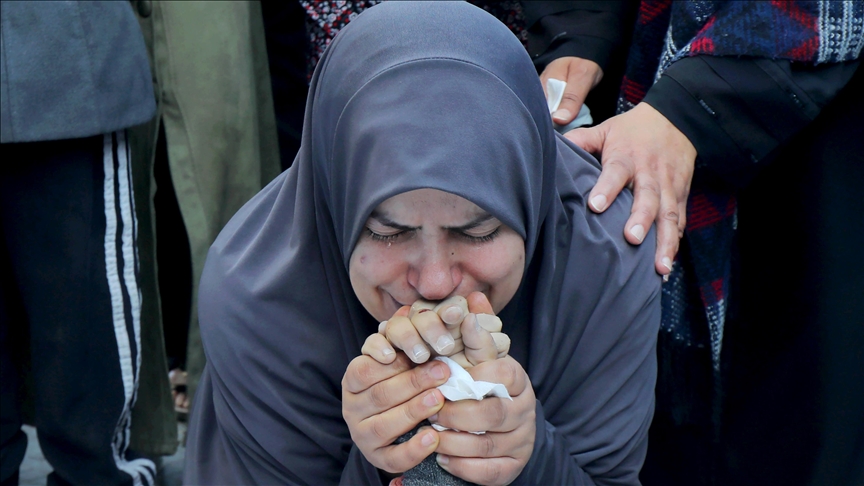
Children yearn for a sky without fear, mothers long for a safe tomorrow, and the youth dream of building their future on their own land. But countless peace agreements have collapsed, and global promises have failed to bring the light of justice.
Today, Palestine is not only a piece of land — it is the cry, the dream, and the question of a nation that continues to test the conscience of humanity.
Certainly! Here’s the English version of your full news report, professionally translated and formatted for an international news outlet:
After decades of ongoing conflict in the Middle East, two questions are being raised with renewed urgency —
“When will Palestine be officially established as an independent state?” “When will peace return, city by city?”
According to global political analysts and human rights organizations, although the answers remain uncertain, the door to hope is not yet closed.
Recognized as a State — But Still Not Fully Independent
Palestinian authorities declared independence in 1988, yet Palestine still lacks full UN membership.
While 138 countries have recognized Palestine as a sovereign state, the United States’ repeated vetoes in the UN Security Council have blocked full membership.
Meanwhile, the Palestinian territories remain fragmented:
• The West Bank: under partial control of the Fatah-led Palestinian Authority
• Gaza Strip: governed by Hamas since 2007
• East Jerusalem: still under Israeli occupation
Peace Agreements Have Failed Repeatedly
The 1993 Oslo Accords offered a glimmer of hope for peace, but violence soon resumed before any lasting solution could be implemented.
In 2005, Israel withdrew its forces from Gaza. However, when Hamas took over in 2007, internal political divisions deepened.
Between 2023 and 2024, intensified rocket attacks and airstrikes in Gaza led to thousands of civilian deaths, reigniting global concerns.
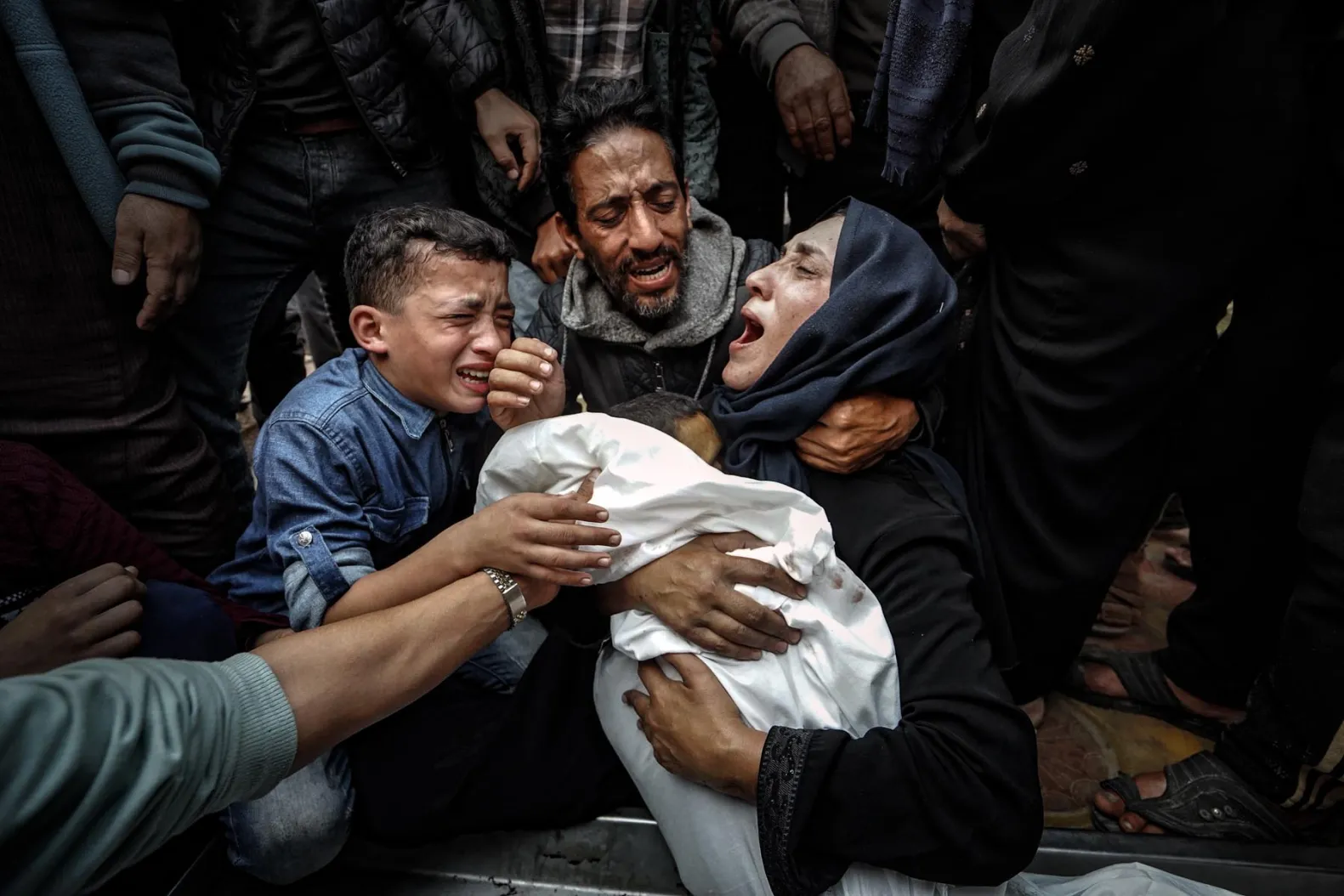
Why Has Peace Not Returned?
Experts cite several key obstacles to lasting peace:
• Expansion of Israeli settlements on occupied Palestinian land
• Political division within Palestine (Fatah vs. Hamas)
• Double standards and geopolitical interests of the international community
• Rise of extremism and provocative actions on both sides
According to a 2024 UN report, over 80% of Gaza’s population depends on humanitarian aid for survival.
What Could Lead to a Resolution?
Analysts believe peace and statehood could be achieved through:
1. A Two-State Solution
2. International pressure and diplomatic mediation
3. Withdrawal of occupying forces and halting further land grabs
4. Rebuilding infrastructure and uniting local leadership
Despite repeated calls for dialogue from the UN and European Union, there has been little progress on the ground.
Public Opinion & Hope: Is Peace Still Possible?
The younger generation of Palestinians continues to dream of freedom and peace.
A recent survey shows that 65% of Palestinians still believe in the feasibility of a two-state solution.
Around the world, civil society groups, human rights organizations, and the broader Muslim world are increasingly voicing support for the official recognition of Palestine.
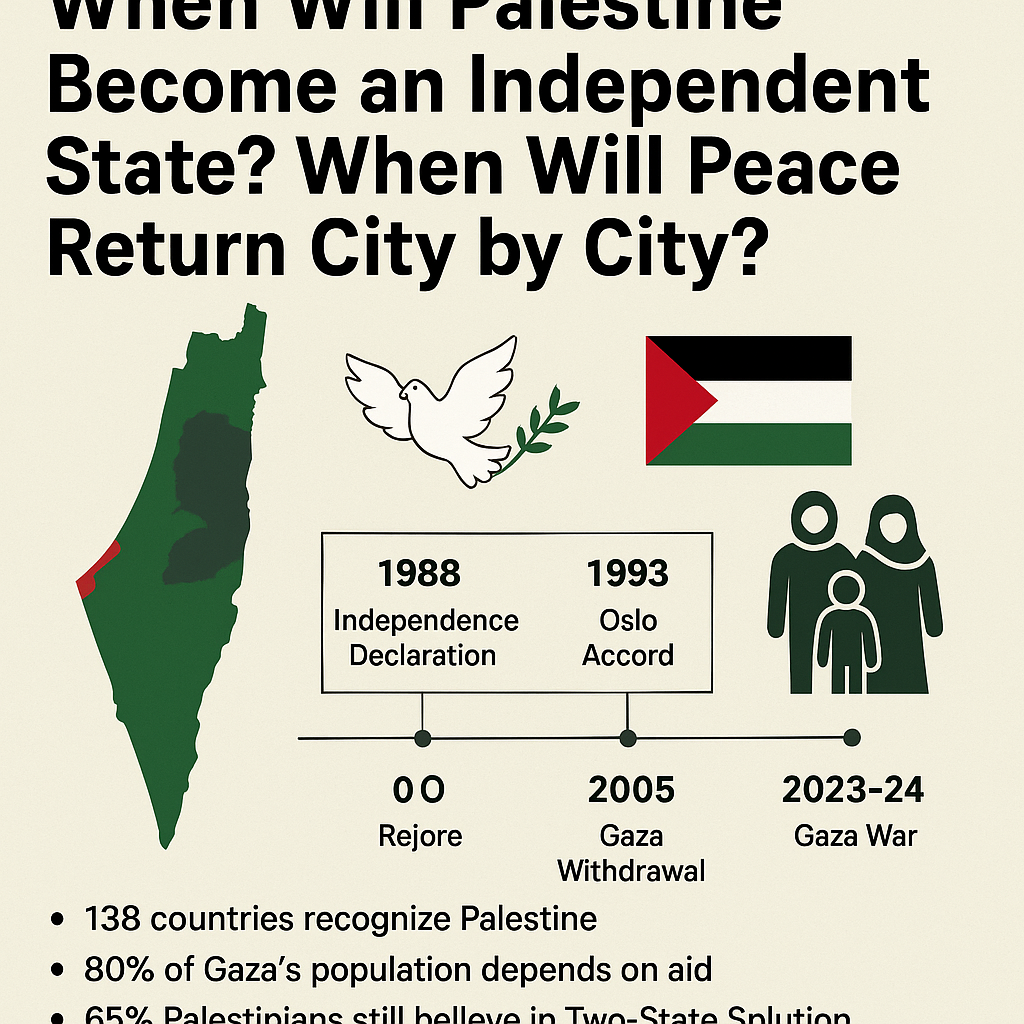
The Question Itself Is a Form of Protest
“When will Palestine become a state?”
“When will peace return to the cities?”
These are not just headlines — they reflect the existential cry of a nation.
If the global conscience is still alive, perhaps tomorrow could mark the beginning of a new chapter.
(This report is based on verified sources and data from United Nations, Human Rights Watch, Al Jazeera, BBC, and Amnesty International)








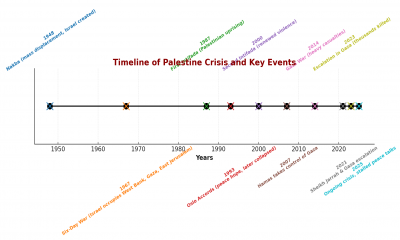
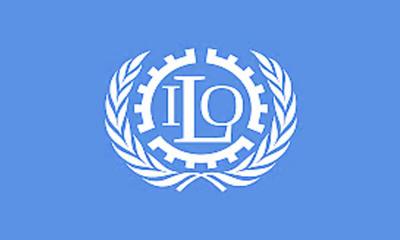

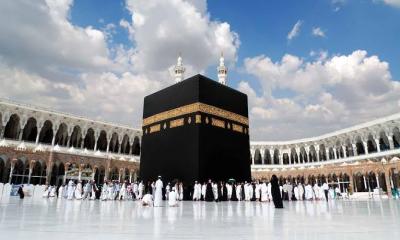
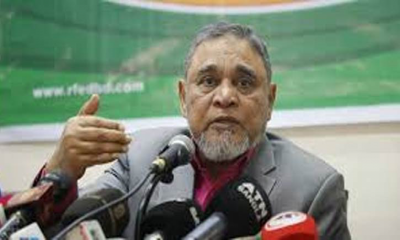
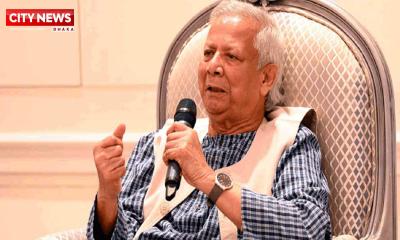
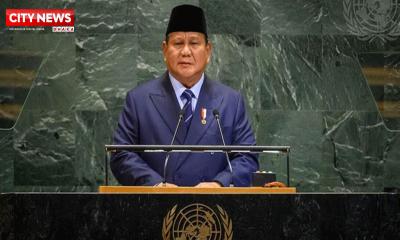



Comment :